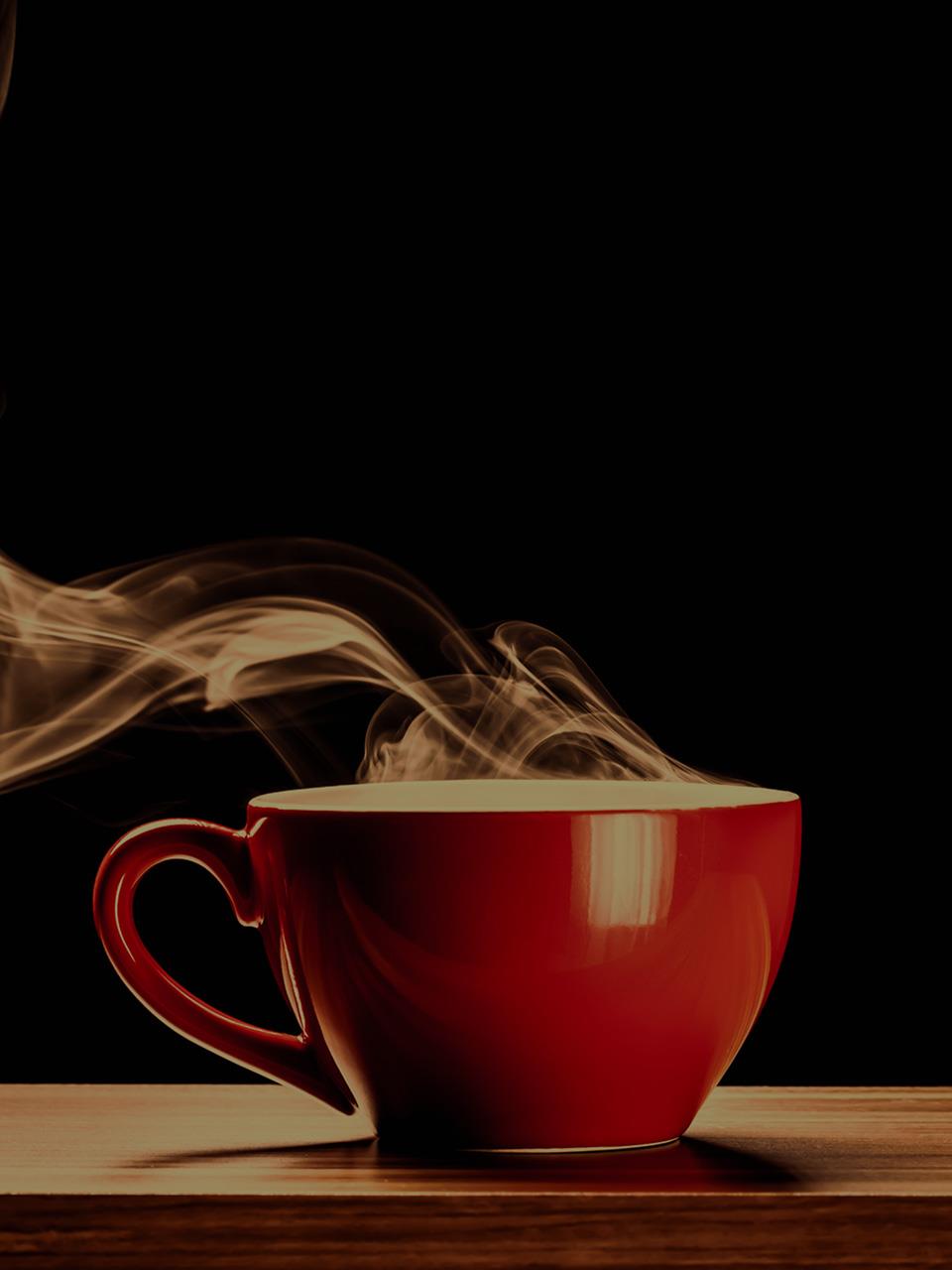
Tap to Read ➤
Ginger Tea for Migraines
Ishani Chatterjee Shukla


Heard the latest medical scoop? Ginger tea for migraines actually works! Wanna know more about it? Well, read right a-head.
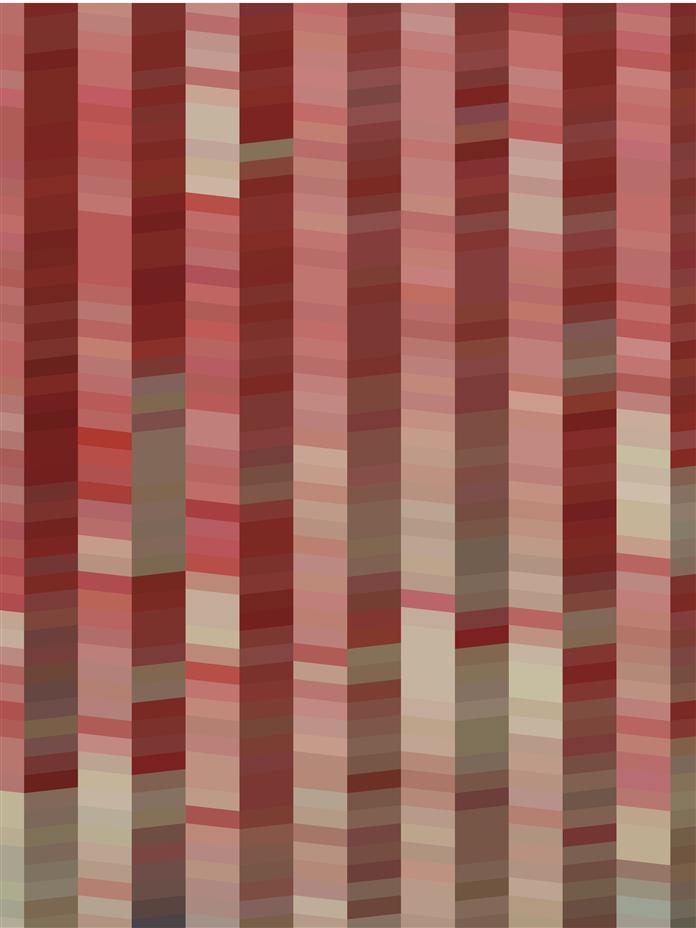
Well, it definitely didn't come as a surprise when I first heard about the efficacy of ginger tea for migraines. After all, haven't we often heard from our grandparents and many elderly relatives about the pain-relieving and anti-inflammatory properties of this wondrous modified rhizome? Don't followers and practitioners of herbal medicine swear by its potency to fight various infections, such as sore throat and dry cough?

My ear-nose-throat area has always been a sensitive zone and I catch a cold very easily, which mostly starts with a slight, tingling pain in the back of my throat and graduates into cough, slight chest congestion and a full-fledged fever.
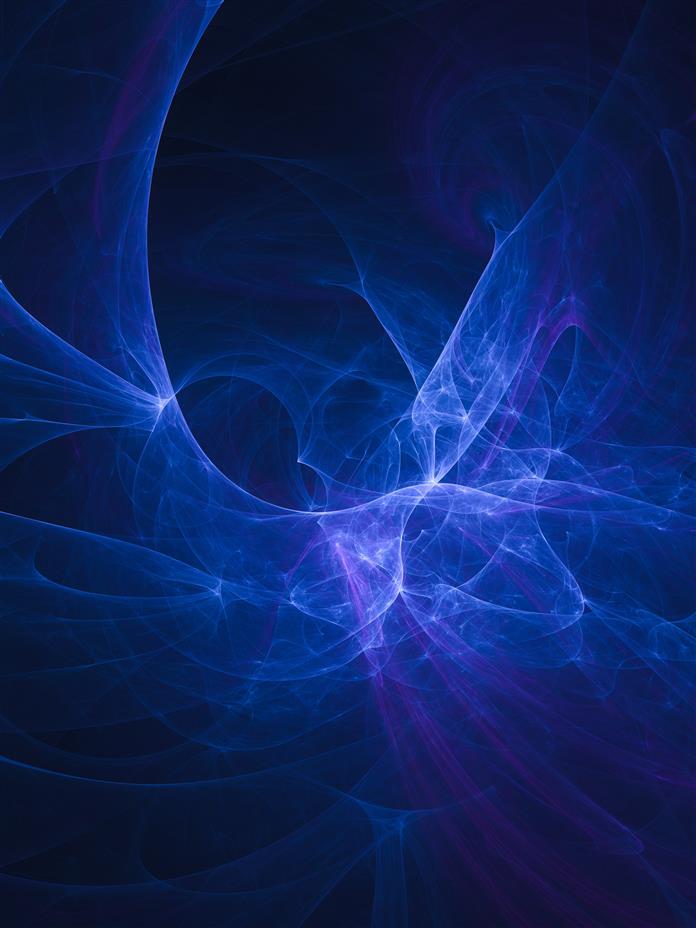
Back when I was young, my grandmother used to make me a mixture of crushed ginger, honey and black pepper which was spooned into my mouth and I was to slowly swallow this pungent stuff, allowing it to take its own sweet time to pass over my throat.
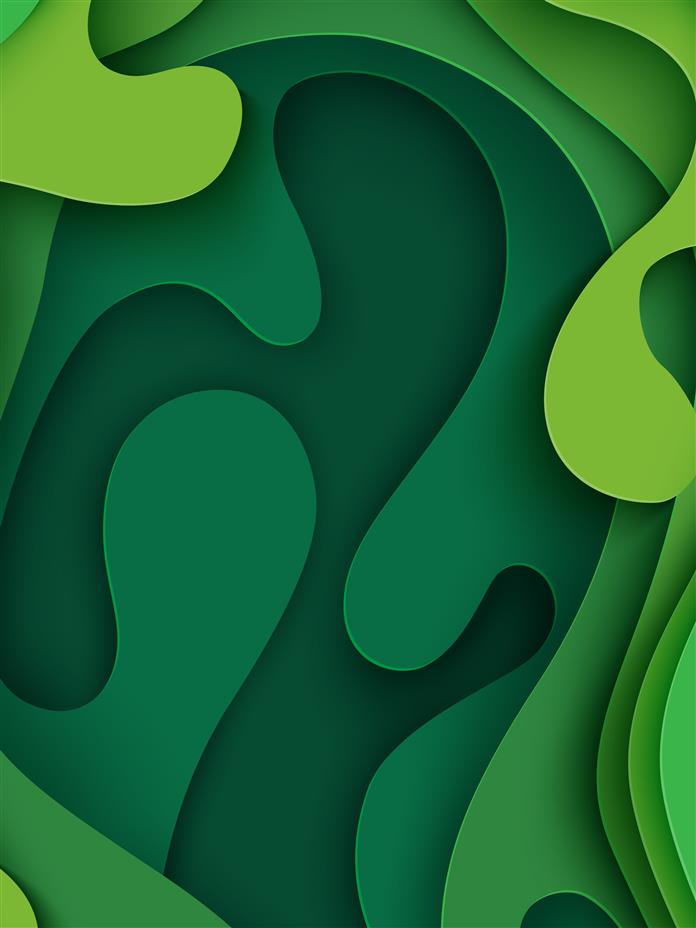
I still resort to this ginger-and-honey remedy whenever I get strep throat and a cough and trust me, it still works as well as any over-the-counter medication would!
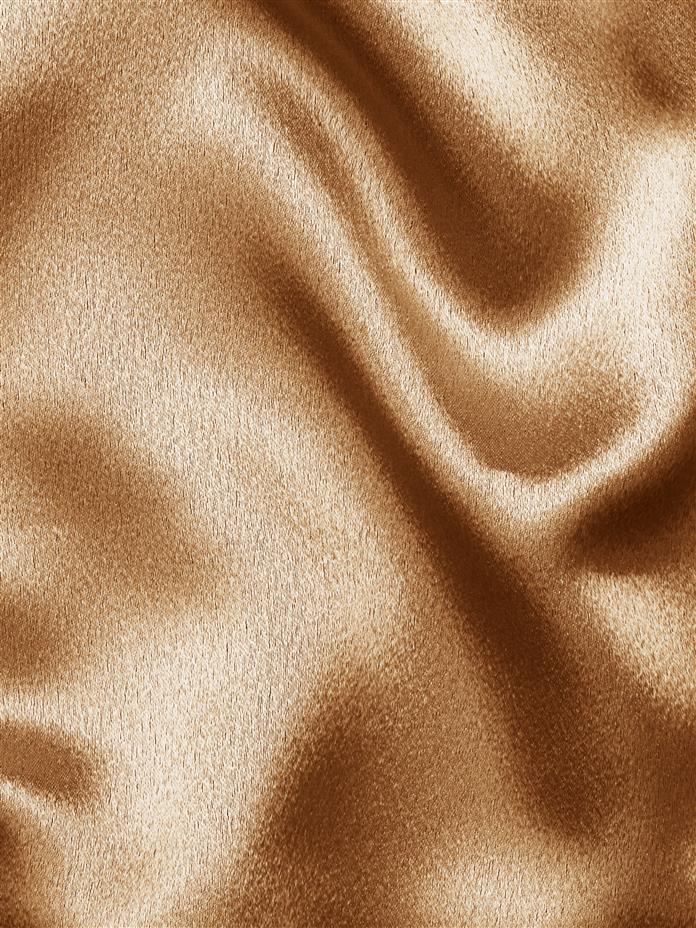
Coming back to ginger tea for migraines, we all know that tea (or, rather, the caffeine in it) is a nerve stimulant which, if taken in moderate quantities, relieves stress and helps in keeping awake. Ginger, with all its anti-inflammatory properties, is a potent herb that is good for any type of pain, or swelling of tissues.
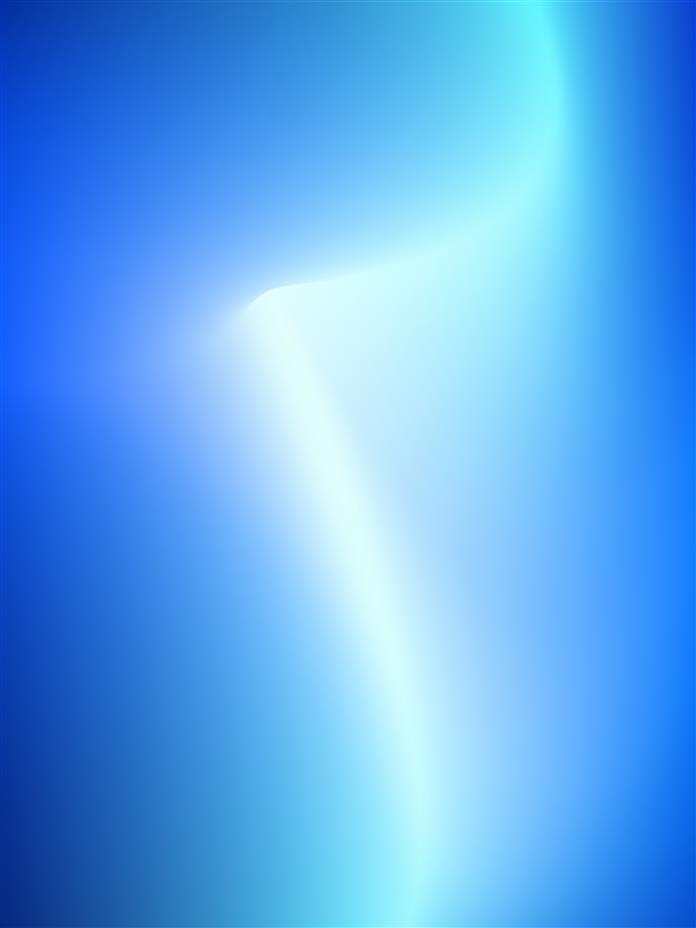
Ginger tea for headaches is a tried and tested remedy, and if you drink some of it at the very onset of a headache, it will disappear without leaving as much as a crease on your forehead! I've tried it so many times and it does work. So, let's take a look at how ginger tea benefits migraine from the subsequent paragraphs.
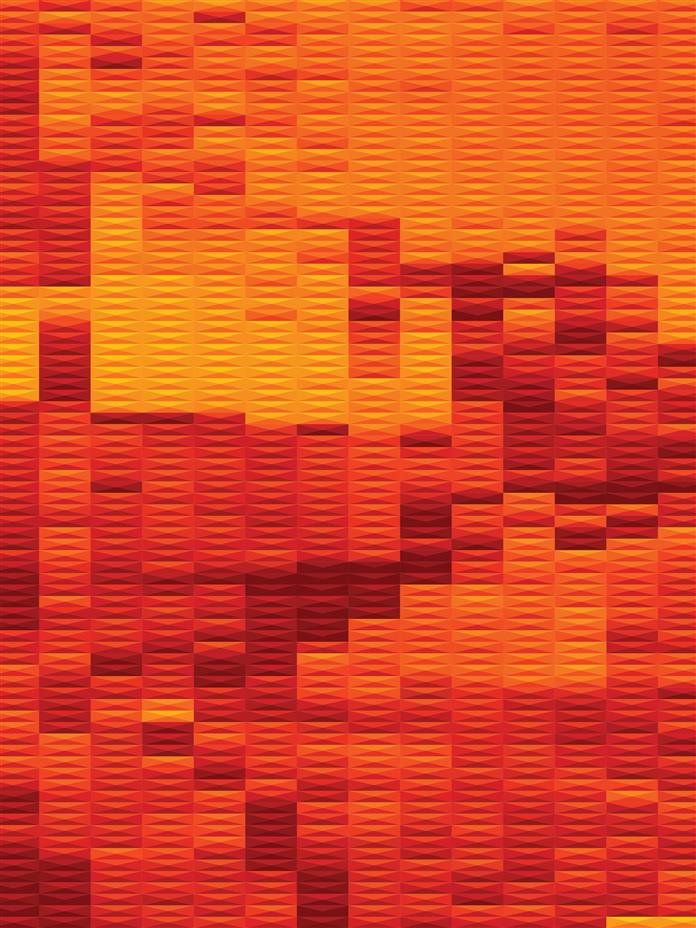
Ginger Tea for Migraine Treatment
Before we discuss how ginger tea is effective in combating a migraine attack, let's briefly understand the mechanics of this vascular headache. Migraine headaches mostly occur when the blood vessels in and around the brain get inflamed, or when certain muscles in the jaws and the neck become tender and sensitive.
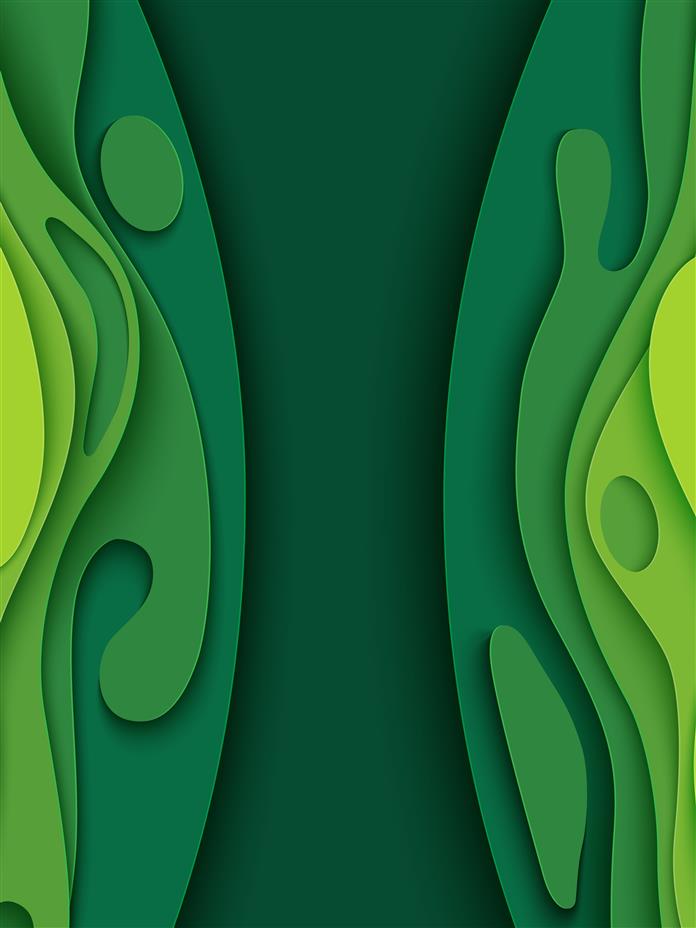
Mostly, inflammation of the blood vessels in the brain is the reason behind the onset of these headaches due to increased pressure on the brain. Now, these blood vessel undergo swelling due to the actions of prostaglandins which are lipids that regulate the relaxation and contraction of smooth muscle tissues.
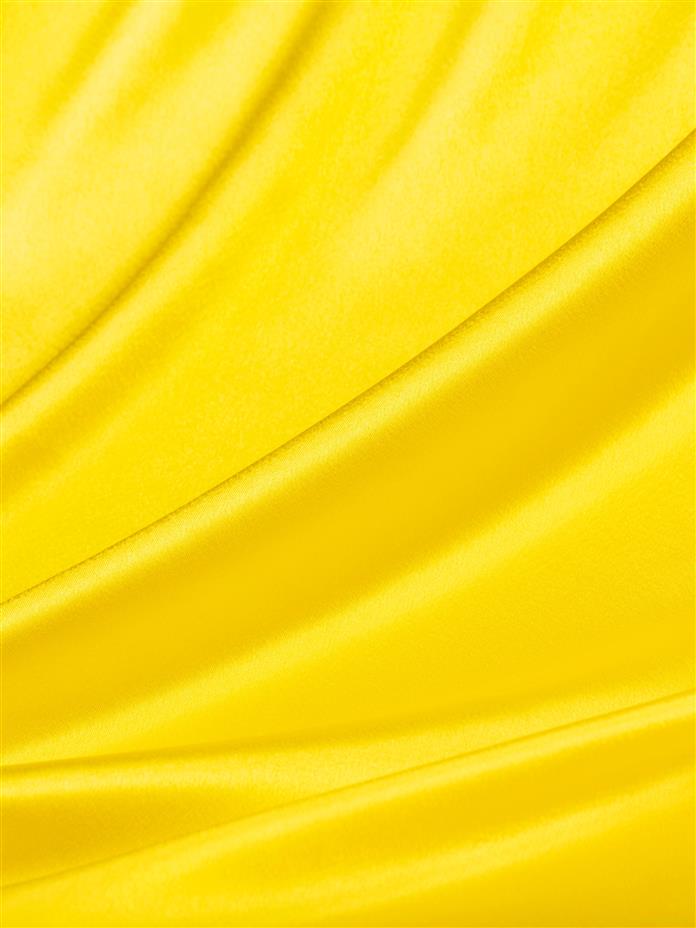
Now, studies and various experiments have clearly shown that the enzymes and chemical compounds found in ginger have the ability of blocking the hyperactivity of these prostaglandins, thereby soothing the vascular inflammation.
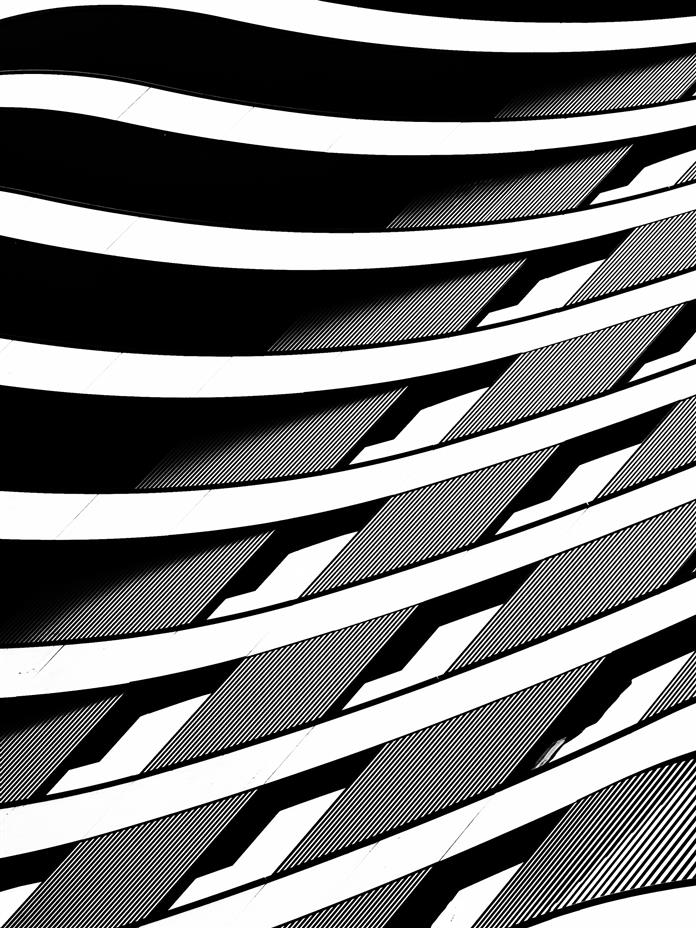
This is also the same mechanism through which ginger or ginger extracts successfully arrest pain or inflammation of any tissue in any other part of the body. However, for ginger tea to have the maximum effect, it is best to drink it at the very onset of the migraine attack.
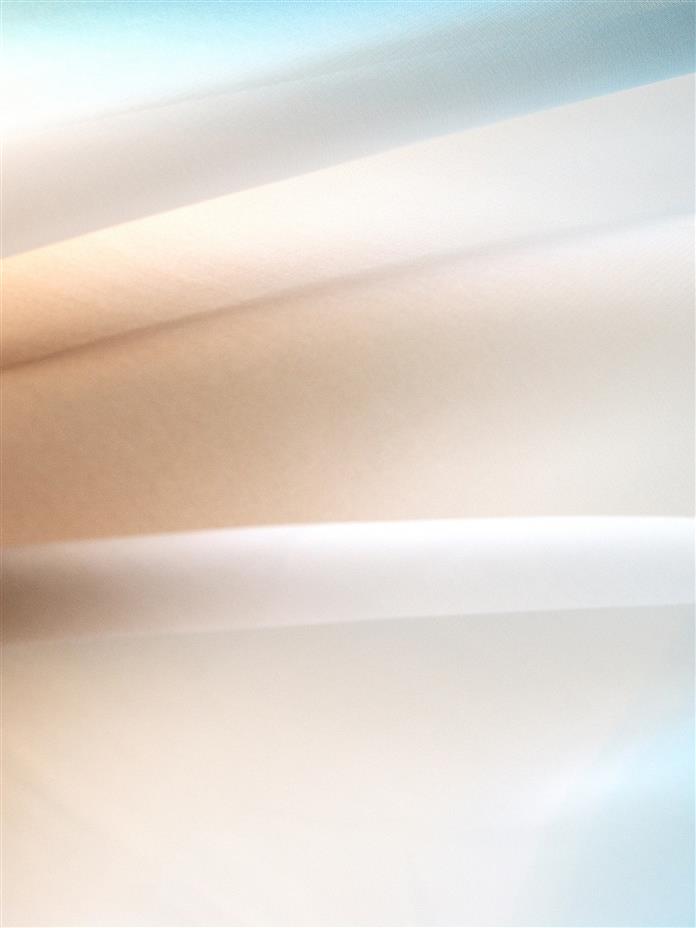
Ginger is also a very popular home remedy for curbing nausea. It is a safe alternative to harsh drugs for pregnant women who suffer from nausea and morning sickness. This means that drinking ginger tea during migraine attacks also takes care of the second aspect of migraine, besides the headache.
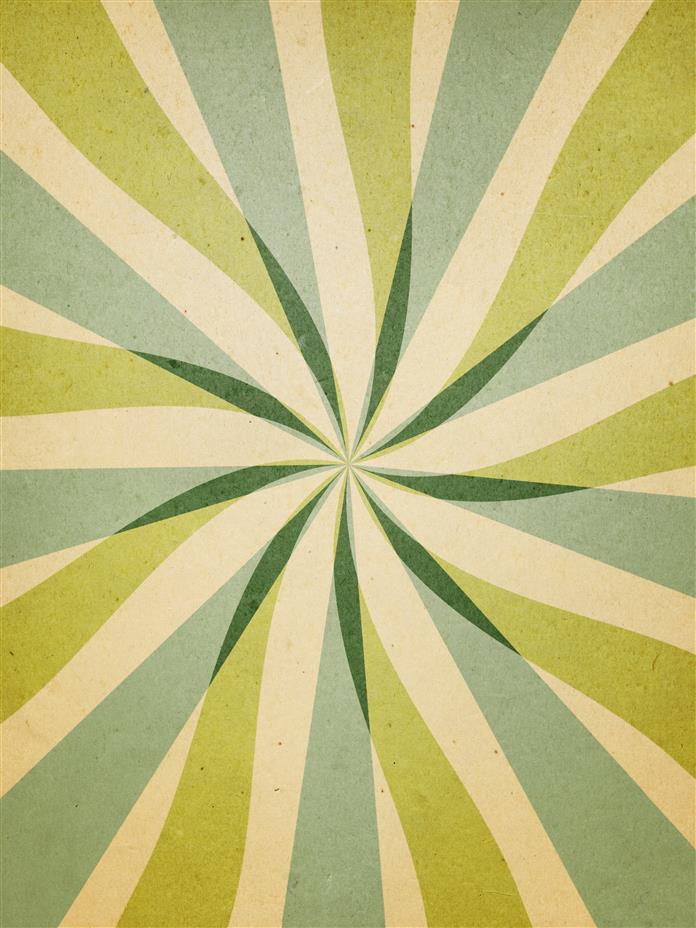
Making Ginger Tea
It is best to make ginger tea from fresh whole ginger rather than go for those packaged commercial products, or use ginger powder. You can either make ginger tea with milk or without it, in the same way you make black tea. I am going to provide the most basic ginger tea recipe here.
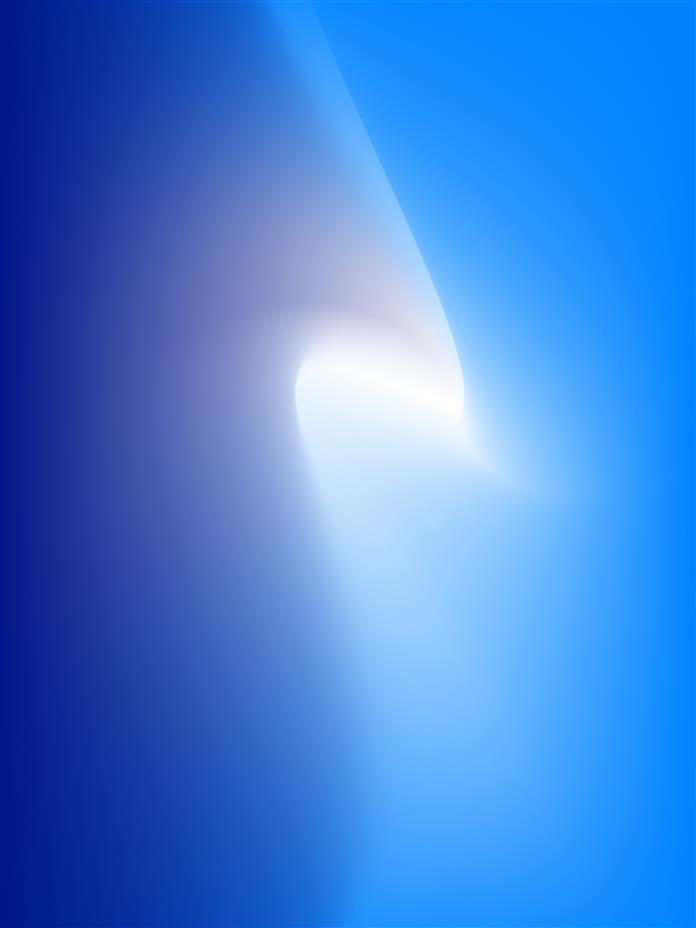
If you wish your ginger tea to be in the chai style, pour half a cup of water and half a cup of milk in a saucepan. Grate some fresh ginger into this mixture, add the tea leaves and bring to boil twice.
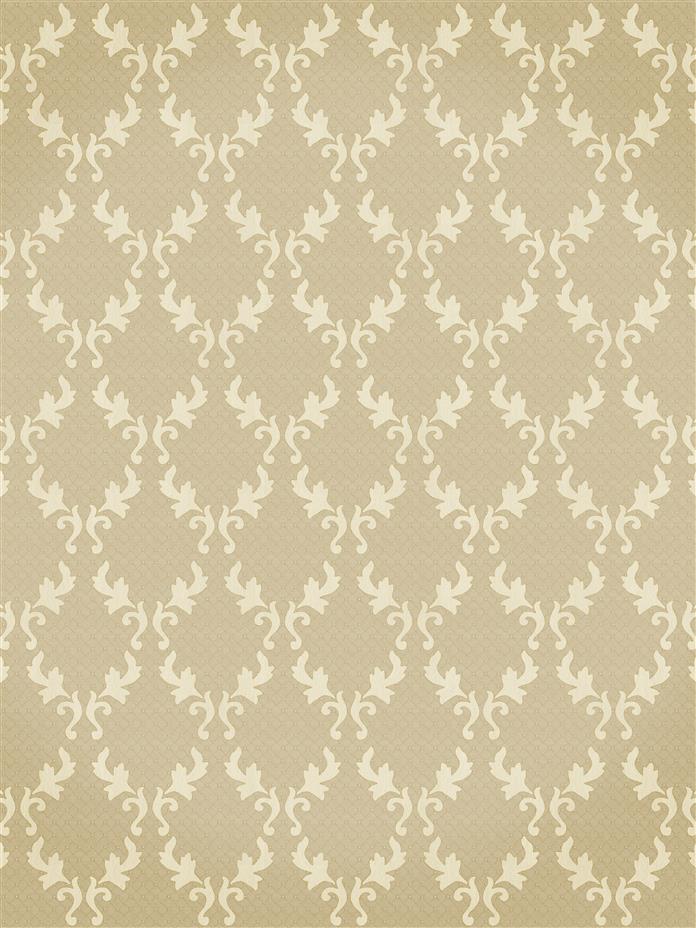
Take the saucepan off the flame and add honey, sugar or any other sweetener as per taste. If you like your tea black, then also follow the same procedure. However, skip the milk and add one full cup of water instead of half a cup.
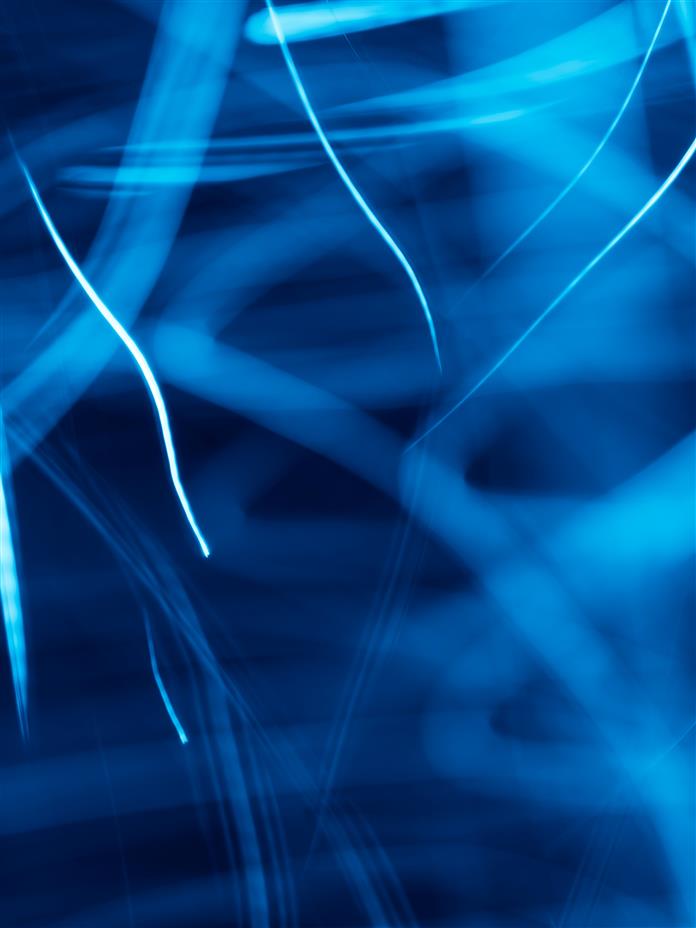
You can also use tea bags instead of tea leaves but I would suggest you go for the latter as the fresh, aromatic experience of using whole tea leaves can never, ever, be rivaled by the much processed tea residues in those tea bags. Sip the hot, pungent tea and you'll literally feel the oncoming heaviness in your head receding with each sip.
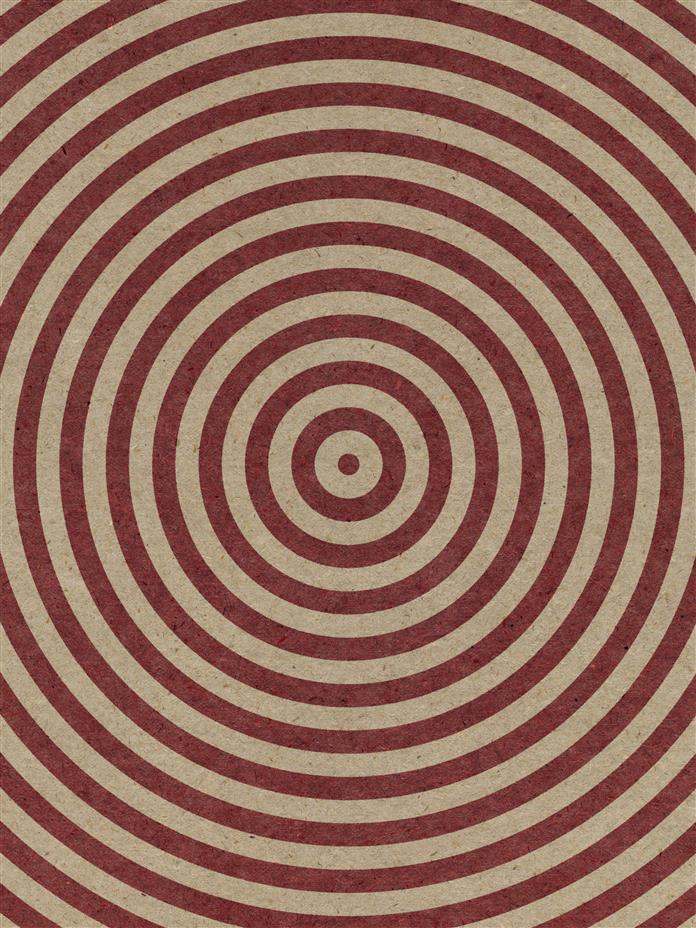
Ginger tea for migraines is one of the best and most easy-to-make home remedies that has no adverse side effects of chemical painkillers and works best when taken in the earliest stage. Also, it is a great soothing remedy for conditions like cold, sore throat and fever. In fact, ginger tea for colds is a time-tested herbal formula!
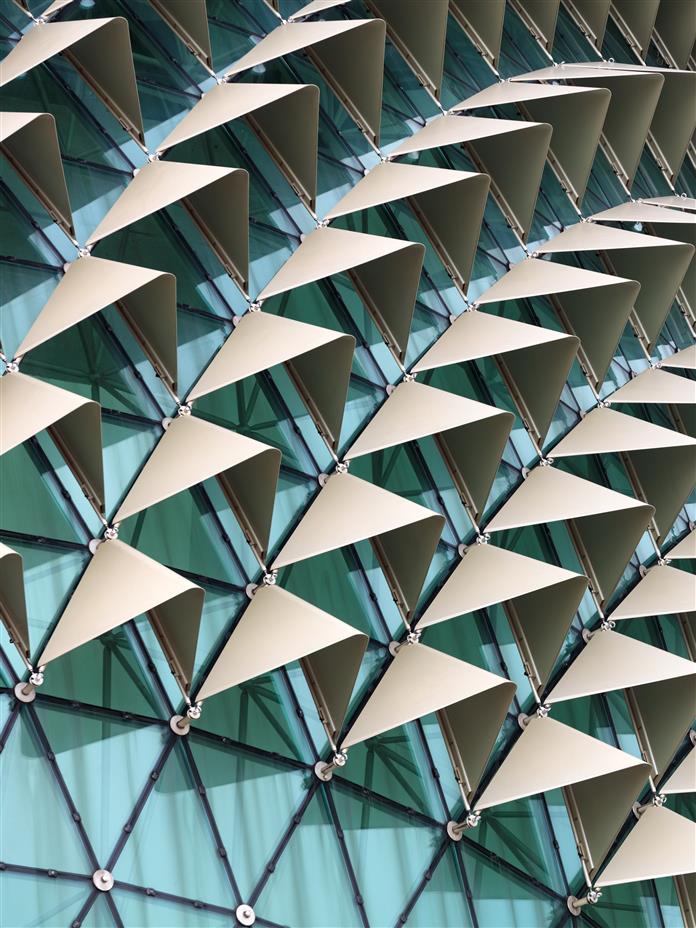
Drinking ginger tea twice, daily on a regular basis is known to have provided some relief to arthritis patients who are in the early stages of this joint condition. Now that you know how good ginger is for migraine and other pains, and also know how to make ginger tea, why don't you fix yourself some, next time you feel like having something hot to drink?
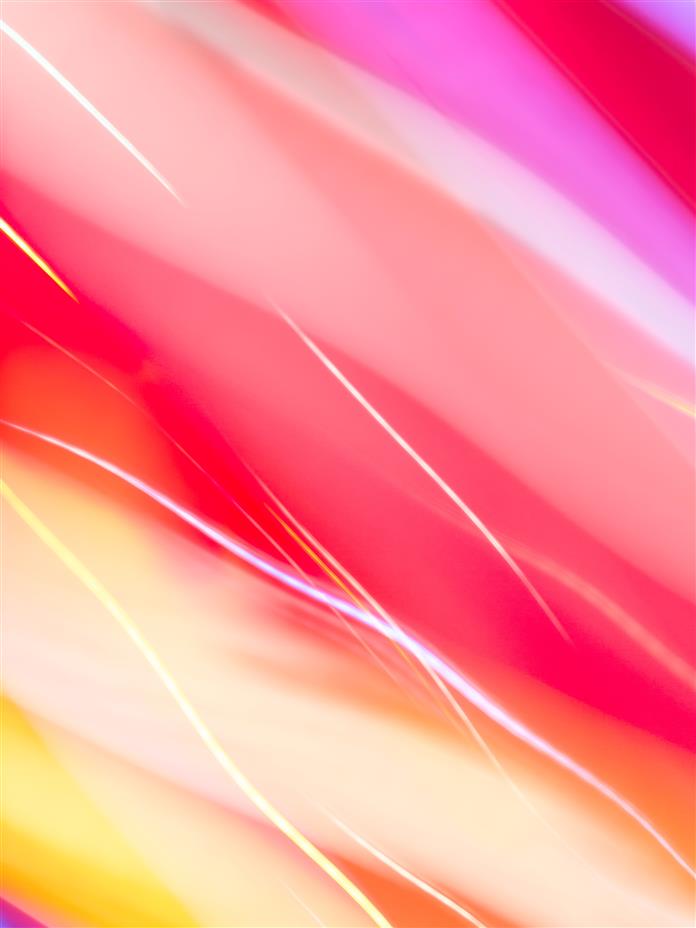
Other than the ginger tea health benefits, as far as I am concerned, it feels great to sip a cup of hot, aromatic, slightly pungent tea on a lazy winter afternoon or a chilly December evening. You'll be amazed how it simply revs you up!